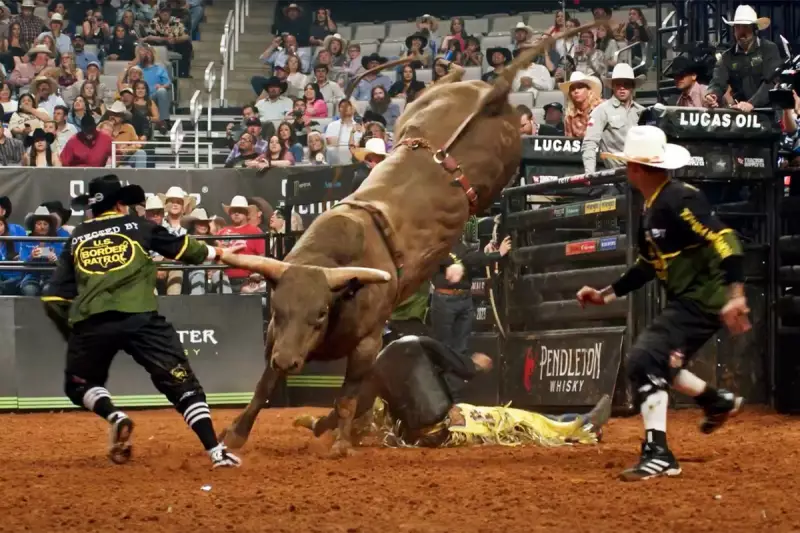
The US Customs and Border Protection (CBP) agency is facing significant criticism after releasing an unconventional recruitment video that has been widely condemned for its inappropriate tone and content.
The controversial footage, which emerged on social media platforms, shows border patrol agents engaging in rodeo-style activities, including wrestling and restraining individuals in a manner reminiscent of western entertainment shows.
Public Outrage and Political Response
The video has triggered immediate backlash from immigrant advocacy groups and political figures who argue that it makes light of the serious responsibilities of border security personnel. Critics have described the content as "disturbing" and "unprofessional," suggesting it portrays enforcement work as a form of entertainment rather than a public service.
Several congressional representatives have voiced their concerns, questioning the judgment behind producing such content while the agency faces ongoing scrutiny over its handling of border situations and migrant welfare.
Agency Defence and Justification
In response to the growing controversy, CBP officials have defended the video as an attempt to attract new recruits by showcasing the physical aspects of the job. They emphasise that the rodeo-themed activities are intended to demonstrate the strength and agility required for certain enforcement scenarios.
However, this justification has done little to quell the criticism, with many arguing that the presentation undermines the dignity of both border agents and the individuals they encounter.
Broader Implications for Border Policy
The incident comes at a sensitive time for US immigration policy, with the Biden administration facing multiple challenges at the southern border. The video controversy has added another layer of complexity to the ongoing debate about appropriate enforcement methods and agency culture.
Human rights organisations have expressed particular concern, noting that the trivialisation of restraint techniques could potentially normalise excessive use of force in situations where de-escalation should be prioritised.
As the debate continues, the CBP faces mounting pressure to withdraw the video and reconsider its recruitment strategy to better reflect the professional standards expected of federal law enforcement agencies.





